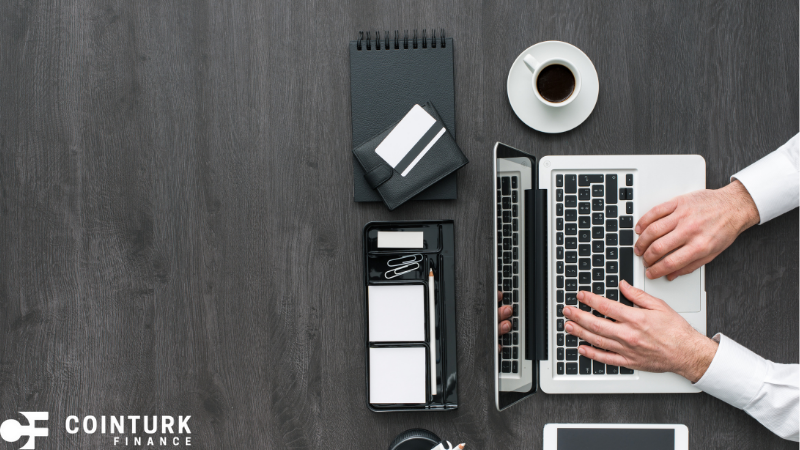A recent study highlights the challenges and intricacies involved in distinguishing between human and A.I.-generated poetry. While A.I. technology continues to evolve, its ability to mimic human creativity raises questions about the future of art. Such developments suggest that the capabilities of A.I. are influencing various creative domains and altering perceptions of what constitutes artistic talent.
In the past, artificial intelligence lacked the sophistication to mimic nuances in human poetry effectively. Previous studies showed that poems created using earlier versions of A.I. models were easily distinguishable from human-authored works. The current research reveals significant advancements in A.I.-generated content, marking a shift from previous trends.
What Does the New Research Show?
A study conducted by the University of Pittsburgh found that participants often preferred poems generated by OpenAI’s ChatGPT 3.5 over those written by humans. Researchers gathered works from ten renowned poets and used A.I. to create poems in their styles. Participants were asked to judge the origin of these pieces, and results indicated a higher preference for A.I.-crafted poems. Notably, more than half of the participants misidentified A.I.-generated works as human creations.
Why Are A.I.-Generated Poems Favored?
When asked to evaluate various aspects of poetry such as rhythm and originality, participants generally rated A.I.-generated verses more highly. The preference for A.I. poetry arose possibly due to its accessibility and straightforwardness in conveying emotions and themes, elements that resonated with many non-poetry readers. However, upon being informed of the A.I. origin, participants’ ratings tended to decline. The study authors noted this tendency, suggesting people often expect A.I. creations to be less impressive and therefore mistake their liking for them as a sign of human authorship.
“Non-poetry readers prefer the more accessible A.I.-generated poetry, which communicate emotions, ideas and themes in more direct and easy-to-understand language,” stated Brian Porter and Edouard Machery.
Besides poetry, the impact of A.I. extends to other creative areas such as art and humor, where A.I.-generated paintings and jokes are gaining favorable responses compared to human-made works. The line between human and artificial creativity is blurring, with A.I.-generated content increasingly challenging traditional perceptions.
As these findings suggest, A.I.’s role in creative fields is expanding, prompting discussions about its implications. The study indicates that generative A.I. has reached a new level of sophistication, enabling it to produce poetry comparable to human standards. This development presents both opportunities and challenges for the future of creative expression, calling for thoughtful deliberation on how A.I. integrates with human artistry.










